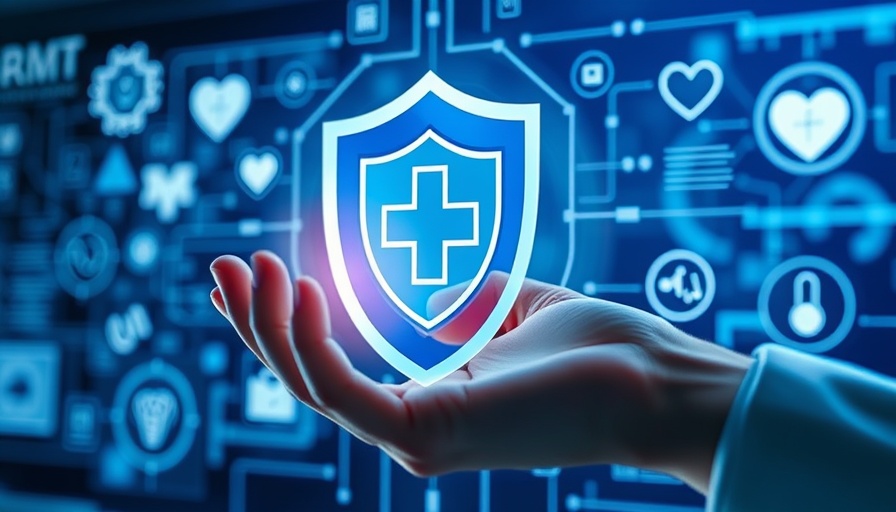
Strengthening Cybersecurity in Healthcare: A Necessity
Healthcare organizations are increasingly faced with the daunting challenge of cybersecurity amid a rapidly evolving threat landscape. The stakes are undeniably high; cyber incidents not only threaten sensitive patient information but can also critically interrupt care delivery. According to the 2024 CDW Cybersecurity Research Report, around 51% of IT leaders across various industries have reported a data breach costing their organizations over $1 million. The impact on healthcare can be more severe, as illustrated by a devastating ransomware attack that forced a small Illinois hospital to shut down its operations.
Real-Life Impacts of Cyber Attacks on Healthcare
The closure of the hospital meant extended travel for community members in need of emergency services, spotlighting the real-world consequences of cyber vulnerabilities. For healthcare providers, a secure infrastructure is indispensable; without it, patients cannot access vital services, whether through telemedicine consultations or life-saving procedures. Therefore, enhancing cyber resilience is not just a technical requirement—it's a mission-critical objective that affects patient lives directly.
Encouraging Progress in Cyber Resilience
While the landscape is alarming, there are positive developments worth noting. Leaders in the healthcare sector are taking steps to turn challenges into opportunities. In an engaging Q&A feature, Sanjeev Sah, CISO at Novant Health, highlights the importance of a supportive culture for cybersecurity teams. By promoting professional development and inclusivity, organizations can better position themselves to respond to cyber threats effectively.
Training Against Phishing and Social Engineering
A critical element in the fight against cyber threats is comprehensive training for personnel. UC San Diego Health has reevaluated its employee security training to better prepare staff against phishing and other social engineering attacks. This initiative not only enhances awareness but also fosters a proactive mindset in the workforce, equipping them to better recognize and counteract potential cyber threats.
Building Stronger Recovery Systems Post-Attack
In the face of past cyber incidents, institutions are rethinking their disaster recovery plans. The University of Vermont Health Network emphasizes the necessity of implementing robust cyber recovery strategies following ransomware attacks. Nate Couture, CISO, illustrates how proactive measures can significantly mitigate the impacts of future incidents, reaffirming that preparedness is key in today’s digital healthcare landscape.
Your Role in Shaping a Secure Healthcare Future
As the call for enhanced cybersecurity grows louder, it's essential that both healthcare organizations and communities understand their roles. Increased awareness, education, and robust training can significantly contribute to the cybersecurity posture of healthcare systems, ensuring patient safety and continuity of care.
In summary, while the challenges posed by cyber threats are substantial, proactive steps being taken by healthcare organizations illustrate that resilience can be built through strong team dynamics, comprehensive training, and effective recovery strategies. As the healthcare sector continues to navigate these challenges, an emphasis on cybersecurity is paramount for safeguarding our communities.
 Add Row
Add Row  Add
Add 




Write A Comment